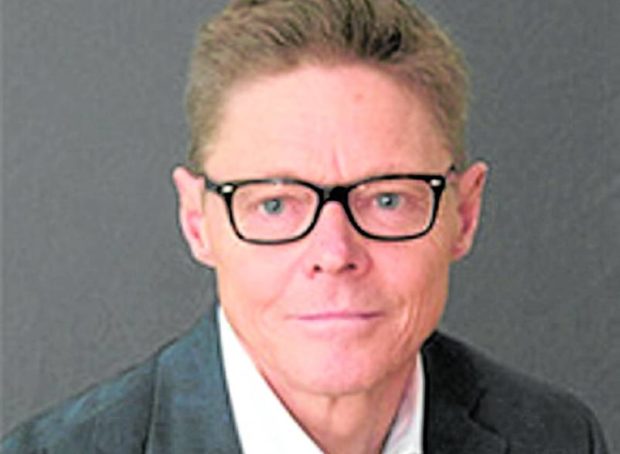UN rapporteur to train 35 government docs in forensics
MANILA, Philippines — A first batch of 35 government doctors will receive training on forensic pathology under a program led by forensic expert and United Nations (UN) special rapporteur on extrajudicial killings Dr. Morris Tidball-Binz, who arrived in the country on Monday.
Justice Secretary Jesus Crispin Remulla said the program was aimed at improving the skill of government physicians and other authorities in performing postmortem work on the bodies of victims of “wrongful death situations.”
He, however, stressed that Tidball-Binz was not visiting in his capacity as the UN special rapporteur on extrajudicial, summary or arbitrary executions but as an expert in forensic pathology “to help capacitate our current doctors.”
Aside from physicians, government prosecutors will also be asked to join the training, he said.
“We’ve already prepared a class for 35 medical doctors. We will also have prosecutors and senior prosecutors who will be asked to join this exercise because the capacity building is not only for forensic pathology but also investigative work,” Remulla told reporters.
Article continues after this advertisementThe justice chief met with Tidball-Binz at the Department of Justice in Manila. They were joined by UN Resident Coordinator to the Philippines Gustavo Gonzalez.
Article continues after this advertisementAccording to Remulla, the funding for the training may come from the United Nations Joint Programme (UNJP). “We asked the UNJP to fund this exercise …, [we will] most probably hold [a seminar of] 14 to 21 days … twice this year so we will be able to follow up the skills of those involved,” he added.
Tidball-Binz will be in the country until Feb. 9 but he will return in May or August to help in the capacity-building program for Filipino forensic pathologists, Remulla said.
No discussion on EJKs
He earlier said that Tidball-Binz’s visit “[would] pave the way for forensic pathologists and enhance their practice to achieve international standard practices and help us identify the intricacies of wrongful death tragedies.”
Remulla said he had a “very good meeting” with the UN official but the issue of extrajudicial killings (EJKs) in the country was not raised during their conversation.
“Capacity building is very important for police and the National Bureau of Investigation and even the military so we will have a way to address wrongful death situations,” he said.“We want to ensure that our legal system is up to date and up to the standards of the world,” he added.
The government has come under criticism for sloppy autopsies on EJK victims, especially those killed during the Duterte administration’s drug war.
Forensic pathologist Raquel Fortun last week presented the results of her postmortem examination on the exhumed remains of drug war victim Kian delos Santos, who was killed by Caloocan police officers in August 2017. The doctor said she found a bullet lodged in his neck that had gone unnoticed after two previous autopsies.
